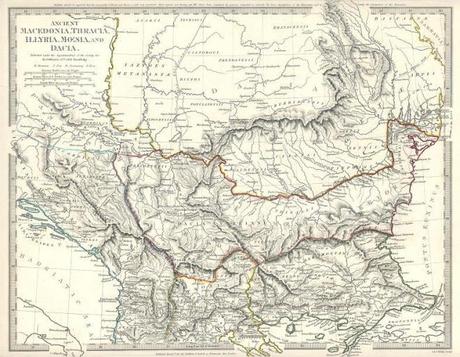And the battle of our times goes on—Sparta sorrows for its Adonis, Athens is a city of mourners. Like ancient deities descending from their native Olympus, the players line up to fight on barren sands for an abode of fertile beauty. El Clasico is not a harbor after a tempest, an opiate after a sleepless night. What interests us, what keeps us going for it is that we expect the heroes to come back to their women in triumph (this is apparent even among the phlegmatic English), to avoid a certain captivity and a probable death, to respond to the prayers of the fans spoken beyond the gates. The walls of Madrid are besieged with fear, and the memory of their mischances is made sharper by the simple wastefulness of this recent fixture; their fate is relatively secure and hopeful in La Liga, but an instantaneous dismay takes form as soon as they set their foot on Catalan shores.
The very beauty of Mourinho’s footballing aesthetics, during this season of war, adds torture to the sensation. The unexampled loveliness of the flower-clad Ozil—who enjoyed here the best of his Clasicos, cutting from the right inside—the genial sunshine and grateful shade of Kaká as the central playmaker, the melody of the birds—the two holding midfielders—and the marble effulgence of Ronaldo were matched by the rigorous confinement and wanton cruelties of Pepe on the back. Every articulation of Madrid’s frame only gave edge to the poignancy of their grief, the way disappointment sullies a marble beauty. Thus the first and the last exertions of Real Madrid in the match were like the army stationed at Kishan in Thrace: awakened by repentance, sharpened by remorse, relishing at all time in bribery, threat, and intrigue.
In between, Barcelona managed to surge and ooze into goal in their usual way—news of gained confidence spread into the body of the Catalan team like the whole city of Athens poured out at the gate of the Piraeus, down the roads, through the vineyards, the olive woods and plantations of fig-trees, towards the harbor. As a cenotaph defended by soldiers on horseback, Busquets rose to the occasion, resting in the tranquil bosom of the holding midfield. From his advanced watchtower, Iniesta did not provide the usual inspiration; once again, when Fabregas is playing, it looks as if the ashes of the imminent Peloponnesian War are just too cumbersome for a double rite of burial. ♦


